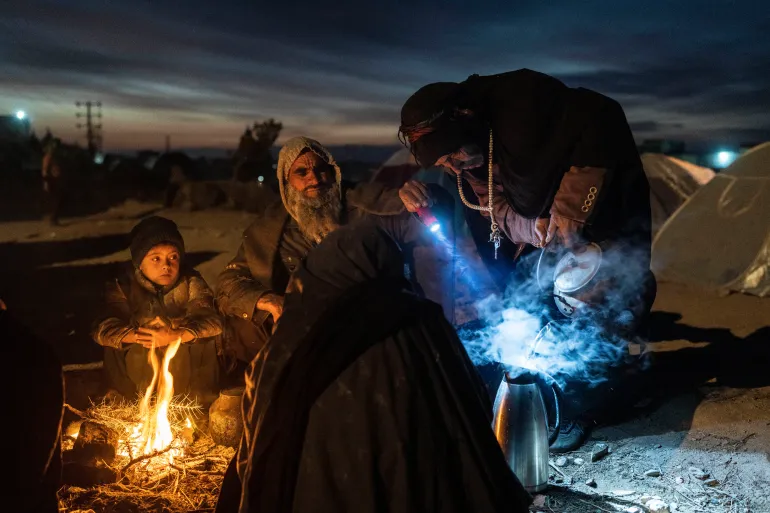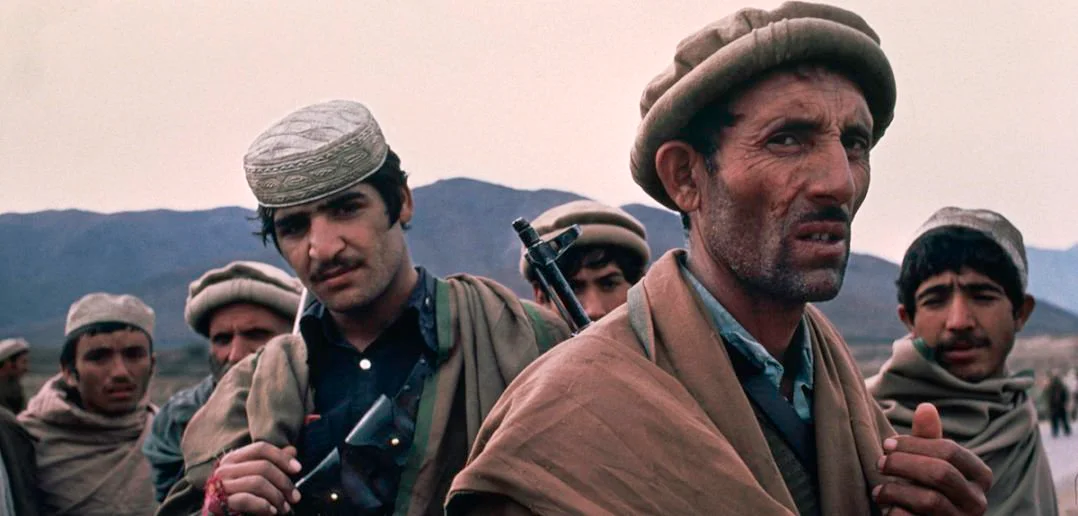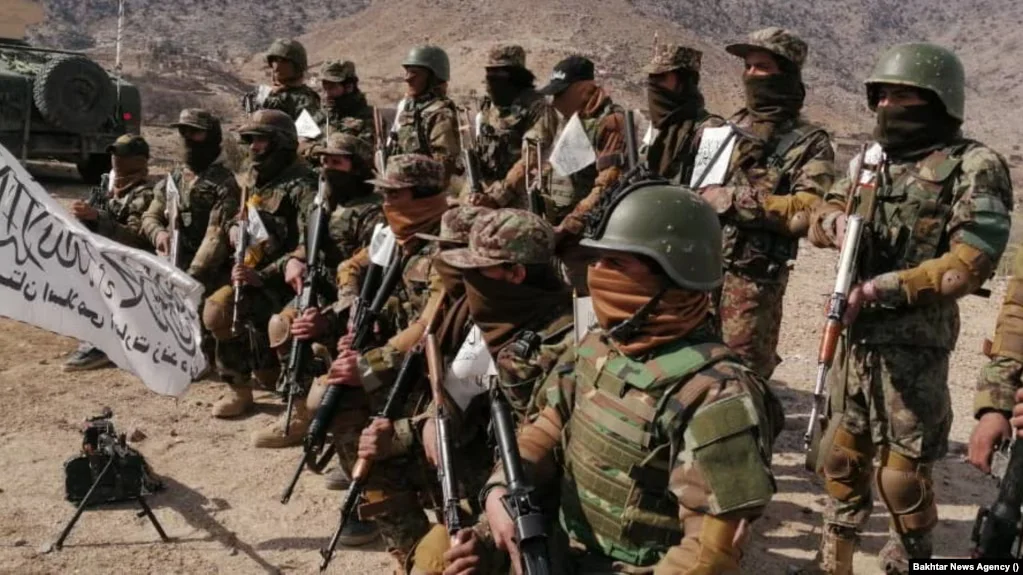Afghanistan food crisis is one of the major regional issues, and situation has further deteriorated since the fall of Kabul in August 2021.
Food insecurity is defined as a situation in which the availability of nutritionally adequate and safe food is uncertain and limited in addition to the inability to acquire food in socially acceptable ways. There could be various reasons that lead to the unavailability of critical food supply including natural phenomena like flood and droughts, trade disruptions, fuel shortages, economic instability, and war.
Afghanistan Food Crisis
Afghanistan has been subject to instability since its inception in 1923 but the period of the last 40 years has proved to be devastating due to a constant state of war and foreign interventions in the country.
The events that occurred in these times have caused irreversible damage to the country. According to the Global Hunger Index of 2021, Afghanistan ranks 103rd out of 116 countries with a score of 28.3 which means that the situation of food insecurity is alarming.
The fall of Kabul in 2021 has further deteriorated the state of affairs in the country with the Taliban takeover of the government leading to a weak and inefficient administrative setup, the blockade of foreign aid, sanctions on multiple levels, and the freezing of assets of Afghan Central Bank. As per available reports, the number of people facing acute hunger in Afghanistan has increased from 14 million in July 2021 to 23 million in March 2022.
Multifaceted Crisis: Hunger, Climate and Economics
The persisting level of hunger in Afghanistan is at the record highest due to the droughts that hit the country in the last winter and the worst economic crisis that continues in the country since the takeover by the Taliban. According to the United Nations report, 95% of the households have been experiencing food insecurity in the country.
The Ukraine war has also contributed to deepening the crisis as it continues to increase pressure on Afghanistan’s wheat supply, fuel prices, food commodities, etc. There is limited access to seeds, fertilizers, and water for irrigation, labor opportunities are exiguous and people have acquired enormous debts to buy food over the past ten months.
The crisis in Afghanistan is multifaceted with a bad harvest during the last season, a severe banking and financial crisis that has left more than 80% of the people with debts, and an increase in the prices of essential items. This has increased the number of those experiencing acute hunger and the people are left with no other option except to take desperate measures, such as, skipping meals, or taking on huge debts to ensure that there is some food available on the table at the end of the day. It has led to an increased level of wasting and stunting in children and harmful impacts on the physical and mental well-being of the entire population.
Afghanistan Food Crisis and Health Risk Factors
The most significant health risk factors in Afghanistan include child and maternal undernourishment.
In children, it exhibits in the form of stunting and wasting. The rate of stunting is 35% which is higher than Asia’s average rate which is 21.3% and it has long-lasting impacts, as a World Bank study suggests that a one percent shortening in adult height because of childhood stunting is associated with a 1.4% loss of economic productivity.
This brings me down to the question of who is responsible for the misery that the people of Afghanistan are suffering. The external intervention in Afghanistan has been legitimized by the US and its allies through the principles of just war theory. It was said that the use of force is inevitable to restore world peace. The events that followed are a part of history. But the doctrine of Just War theory also includes an important third component that is “Jus Post Bellum” which calls for post-war reconstruction also considering the termination of war and aspects of its consequences.
Also Read: Afghan Refugee: Do We Ever Belong?
United States Withdrawal and Post-War Afghanistan
However, the actions of the US government since the Taliban takeover in August 2021, marking the end of 20 years long war, have largely been examined as creating problems, and challenges for the government instead of facilitating them to deal with the challenges. It includes cutting off the country’s economy from the rest of the world and severely curtailing payments of promised assistance and salaries of millions of teachers, health workers, and other essential workers.
The measures which the US officials said were taken to severe the Taliban’s access to foreign assets are now directly impairing the basic human rights to livelihood, food, health care, and life itself of the people of Afghanistan.
The most feasible and appropriate solution is to allow the economy to function properly otherwise suffering will continue to grow. The normal functioning economy needs to be restored in Afghanistan so that a dire situation does not become tragically worse. The US and Taliban should reach agreement on solutions to avert further starvation. Pledges of aid and authorization of humanitarian assistance will not be sufficient to feed the entire nation.
The views expressed in this article are the author’s own. They do not necessarily reflect the editorial policy of the South Asia Times






